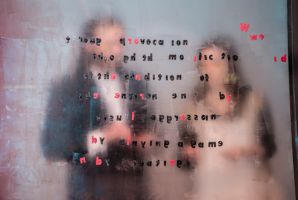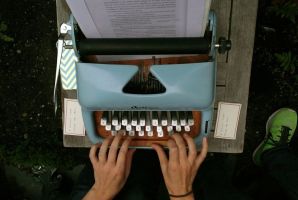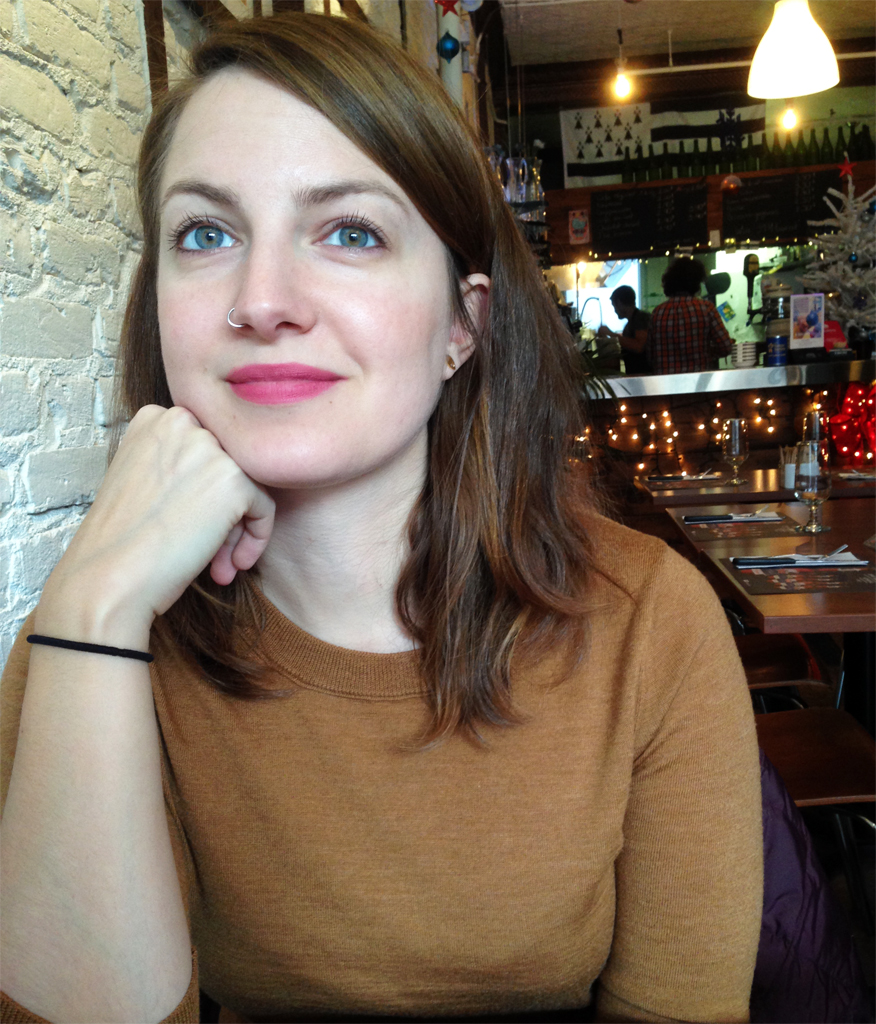- 2-D animation
- 3-D animation
- Abstract
- Abstract Painting
- Alt. process photography
- Animation
- Architect
- Archivist
- Art History
- Arts Writer
- BFA
- Blacksmith
- Book arts
- Book Illustration
- Branding
- Calligraphy
- Caricature
- Carpentry
- Ceramic
- Collaborative/collective
- Collage
- Color Photography
- Comics
- Commercial Photography
- Commission
- Community art
- Concept Art
- Conceptual
- Construction
- Copy photography
- Curator
- Development
- Digital 3-D modeling
- Digital Fabrication
- Digital Media
- Digital Photography
- Documentary
- Eco-Art
- Editor
- Editorial photography
- Engraving
- Etching
- Event photography
- Fab Lab
- Fashion
- Feminist
- Fiber
- Fiber Art
- Figure
- Film
- Film Photography
- Freelance
- Furniture Design
- Gallerist
- Game developer
- Garments
- Gender
- Goldsmith
- Graphic design
- Health and medical
- Home furnishing
- Identity Design
- Illustration
- Installation
- Interactive
- Interior Design
- Interior Painting
- Jewelry
- Kinetic
- Landscape
- Landscape Architect
- Lettering
- Letterpress
- Logo Design
- Master Printer
- Mechanical drawing
- Metal Fabrication
- Metalsmithing
- MFA
- Miniature
- Model
- Model maker
- Monotype
- Mural
- Mural Artist
- Music
- Packaging Design
- Painting
- Performance art
- Photography
- Porcelain
- Portrait
- Portraiture
- Preparator/ Art Handler
- Printmaking
- Product Design
- Public Art
- Public Engagement
- Representational
- Restoration
- Robotics
- Screenprinting
- Sculptor
- Sculpture
- Sign painter
- Social media
- Social Practice
- Soft Sculpture
- Stone
- Stop Motion Animation
- Street Art
- Surface Design
- Teaching artist
- Textile
- UI Design
- Video
- Visual Identity
- Web Design
- Wedding photography
- Window display
- Woodcut
- Woodworking
- Writer
Persephone in the Late Anthropocene
Connect me with Jenna Crowder
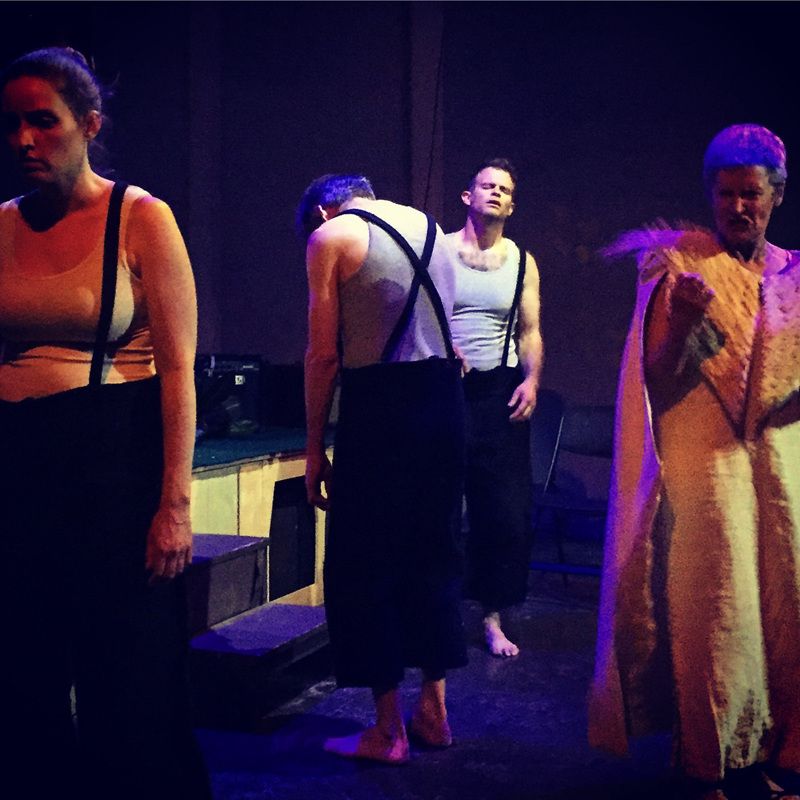
Persephone in the Late Anthropocene at SPACE Gallery, Portland ME | L–R: Marjolaine Whittlesey, Paul Haley, and Ian Bannon as the Chorus of We; Deb Paley as Demeter; costumes by Jenna Crowder
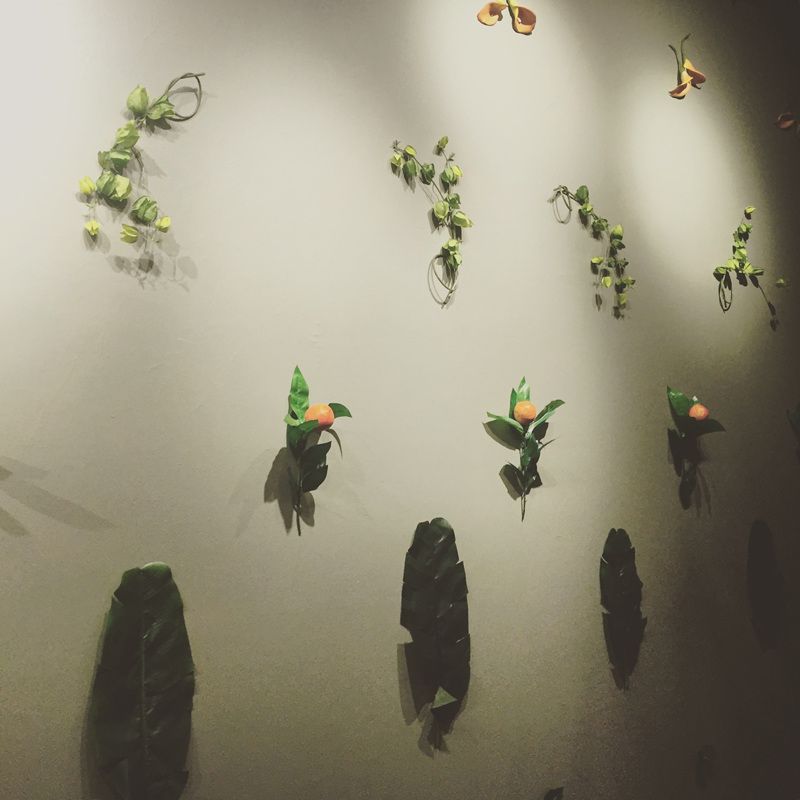
Persephone in the Late Anthropocene at SPACE Gallery, Portland ME | May 2016 installation detail, house right
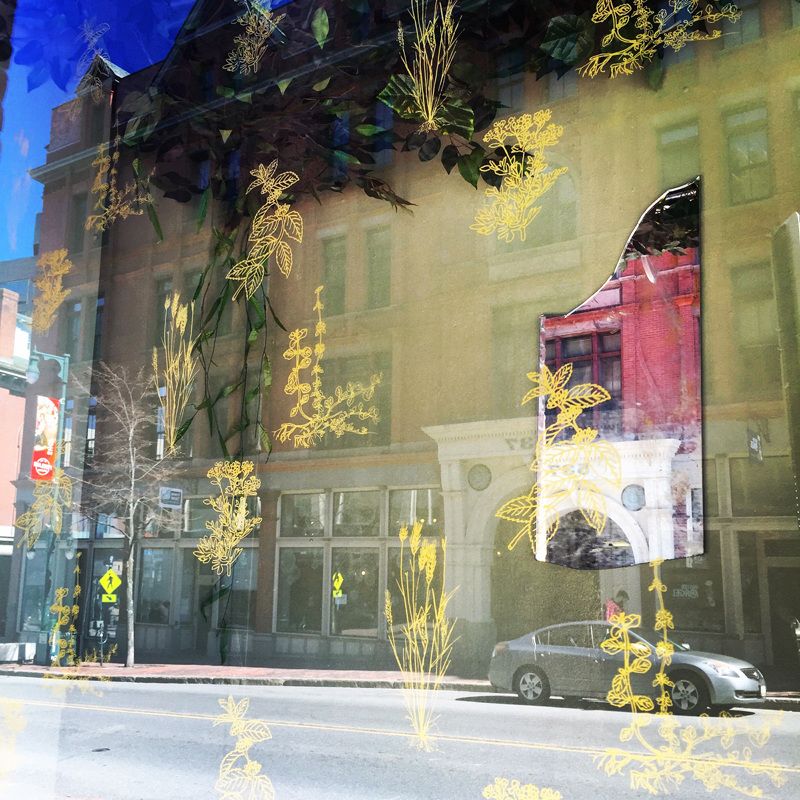
Persephone in the Late Anthropocene at SPACE Gallery, Portland ME | May 2016 window installation detail (screenprinted herbs on glass, sod, foliage, plastic tubes with pumped water, mirrors, filament with gold leaf and rose petals)
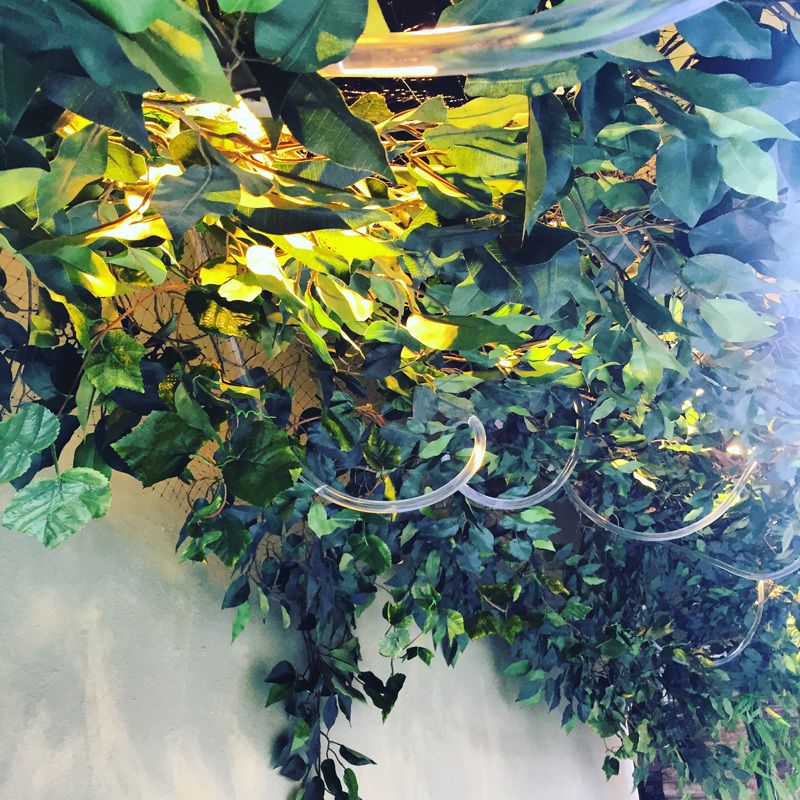
Persephone in the Late Anthropocene at SPACE Gallery, Portland ME | May 2016 window installation detail (foliage and plastic tubes with pumped water)
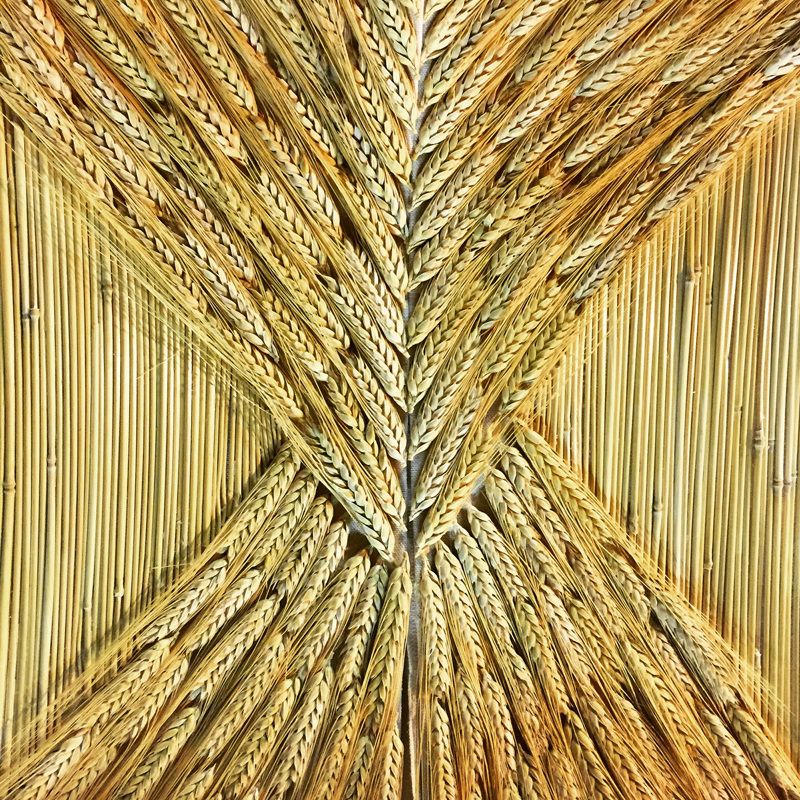
Persephone in the Late Anthropocene at SPACE Gallery, Portland ME | May 2016 detail of Demeter's wheat cape (wheat on canvas)
Description
Persephone in the Late Anthropocene is a modern spoken opera that combines poetry, music, installation, and movement/theater to re-imagine the Persephone myth (the ancient story of why we have winter months) to reflect our contemporary experience of climate change and unprecedented human impact on the earth.
Audiences of Persephone experienced the project as an immersive opera performance (with a live quartet and actors), as an interactive art space, and as a platform for community conversations with representatives from fields vital to the discussion of climate change, including environmental science, agriculture, art, education, and human rights.
Persephone in the Late Anthropocene is a collaboration of Librettist Megan Grumbling, Composer Denis Nye, Visual Artist Jenna Crowder, Theater Director Tess Van Horn, and Lighting Designer Corey Anderson.
A run of the first movement was performed at the Apohadion in Portland, Maine, in May 2015. The full opera was performed in May 2016 at SPACE Gallery in Portland, Maine.
ABOUT PERSEPHONE IN THE LATE ANTHROPOCENE
Movement I: May 2015, Apohadion Theater
Premiere: May 2016, SPACE Gallery
Created by
Megan Grumbling and Denis Nye
Production Team
Megan Grumbling: Librettist
Denis Nye: Composer
Tess Van Horn: Director
Jenna Crowder: Installation/Set Design/Costumes/Graphic Design
Corey Anderson: Lighting Design
Production Team
Elliot Nye: Assistant Director
Rene "Goddess" Johnson: Stage Manager
Kristen Sheehy: Installation Assistant (Movement I)
Cast
Bridgette Kelly: Persephone
Deb Paley: Demeter
Ian Bannon: Chorus ("We")
Paul Haley: Chorus ("We")
Marjolaine Whittlesey: Chorus ("We")
Musicians
Cameron John Prescott, Conductor (Premiere)
Sarah Hoag, Violin
Victoria Hurlburt, Violin
Leigh-Ashley Milne, Viola (Premiere)
Ben Meiklejohn, Oboe (Premiere)
Volkhard Linder, Cello (Premiere)
Devon Colella, Cello (Movement I)
Premiere-Specific Cocktails
Nan'l Meiklejohn for the Bearded Lady's Jewel Box
Premiere-Specific Edibles
Genevieve Johnson
THE PERSEPHONE MYTH
Persephone is the ancient Greek goddess of Spring. Demeter is Persephone's mother and the goddess of Harvest. Hades is Persephone's husband, God of Death and the Underworld.
In the OLD STORY: Persephone, pulling at a root, opened up a hole in the ground, and out came Hades, who seduced her to the Underworld. Above ground, mourning Demeter shut down the harvest. Underground, Persephone fasted, but then swallowed four pomegranate seeds. Finally, a deal was struck: Persephone would spend four months of each year underground with her husband, one for each seed. This gave us the seasons.
In our NEW STORY: Persephone comes and goes erratically between the two worlds and indulges herself, drinks too much, and takes a human lover. This gives us strange and extreme weather, false seasons.
The Anthropocene
anthropo��?: "human" (eg, "anthropology"); ��?cene: "new" (suffix for a geological epoch, eg: "Holocene")
Anthropocene is a proposed name for our current geological time, during which human activity is considered to be the dominant influence on the environment, climate, and ecology of the earth. Geoscientists debate its starting point, but possibilities include the mid-20th century (dams, nuclear fallout, spike in water use, industrial fertilizers), the late 18th century (Industrial Revolution), 1570��?1620 (Europeans arrive North America; forests cleared), 3000 years ago (spike in mining), and 5000 years ago (expansion of agriculture/herding). It was popularized by atmospheric chemist and Nobel laureate Paul Crutzen in 2000, and added to the OED in 2014. Though not yet an official term, it is widely used, and The Working Group on the Anthropocene (a sub-committee of the International Commission on Stratigraphy) plans to seek formal approval from the ISC in 2016.
The "Mysteries"
The ancient Greeks paid homage to Persephone, Demeter, and the earth's fertility cycle in rituals known as the Eleusinian Mysteries, which had three parts that corresponded to the myth: "The Descent," "The Search," and "The Ascent." In Persephone in the Late Anthropocene, because it is not Persephone's disappearance but her unseasonable appearance above ground that incites the story, it is the the first movement that's called "The Ascent."
Opera Synopsis
MOVEMENT ONE: THE ASCENT
Persephone comes above and goes below whenever she wants, drinks and indulges too much. For a while, everything seems fine and fun, but soon things turn sick, sad, and scary.
MOVEMENT TWO: THE SEARCH
Things have gotten so sick, sad, and scary that everyone is searching: Demeter, for her daughter, who's never where she's expected to be. The We's, for who to blame. And Persephone, for how to atone and make things right. By the end, everyone realizes that it is "we" ��? and not really any gods ��? who are doing all this searching.
MOVEMENT THREE: THE DESCENT
Things are bad. The We's have given up gods and stories. They feel so much grief and guilt that they regret being human. They give up each other and themselves. All they can tell is the bad. But then, they hear a little voice, asking questions, and it bring them back to stories. And then they find that even in the horrors, they can still laugh, and it brings them back together. They decide to go down to Hades to ask him what to do, and to maybe stay there. But he cannot solve their problems, and they must come back above, to all the shine and clamor.
Food Pairings
Movement I & II
Lost Meadow: seeded rye lavash, roasted carrot soil, spring shoots, wild flowers & colony collapse dressing
Slack Tide: Damariscotta oyster, Atlantic seaweed salad, tar balls
from local producers: Aurora Mills, Bumbleroot Organic Farm, Homegrown Herb and Teas, Tom's Honey; Norumbega Oysters Inc, Atlantic Holdfast Seaweed Co.
Movement III
Chocolate Underground: dark chocolate bon bon, pomegranate caramel, rose & lemon thyme bouquet, felt
Smiling Hill Farm, Homegrown Herb and Teas, and Genevieve's personal herb garden
Drink Offerings
Aboveground
flower liqueurs, gin, citrus vodka, dry vermouth, Campari, bitters, grapefruit juice
Inspired by the alertness and rejuvenation one feels on those first few really warm days in spring & by those freakishly warm mid-winter days. The end result is a lilting, floral beverage with lingering bitterness.
Underground
single malt & blended scotches, sweet vermouth, averna amaro, creme de cacao, ancho chile liqueur, "black" bitters, and "leather" bitters.
Inspired by all of the wonderful and horrific things that happen in darkness. Sipped slowly, this drink will reveal earthy funk, spicy heat, and deep dark roastiness.
HINGE/WORKS creates experimental opera through both classical and modern lenses, fusing abstract composition, poetry, and movement for performance in site-specific installations and non-traditional venues. Hinge/Works: arching the joint of word and sound.


